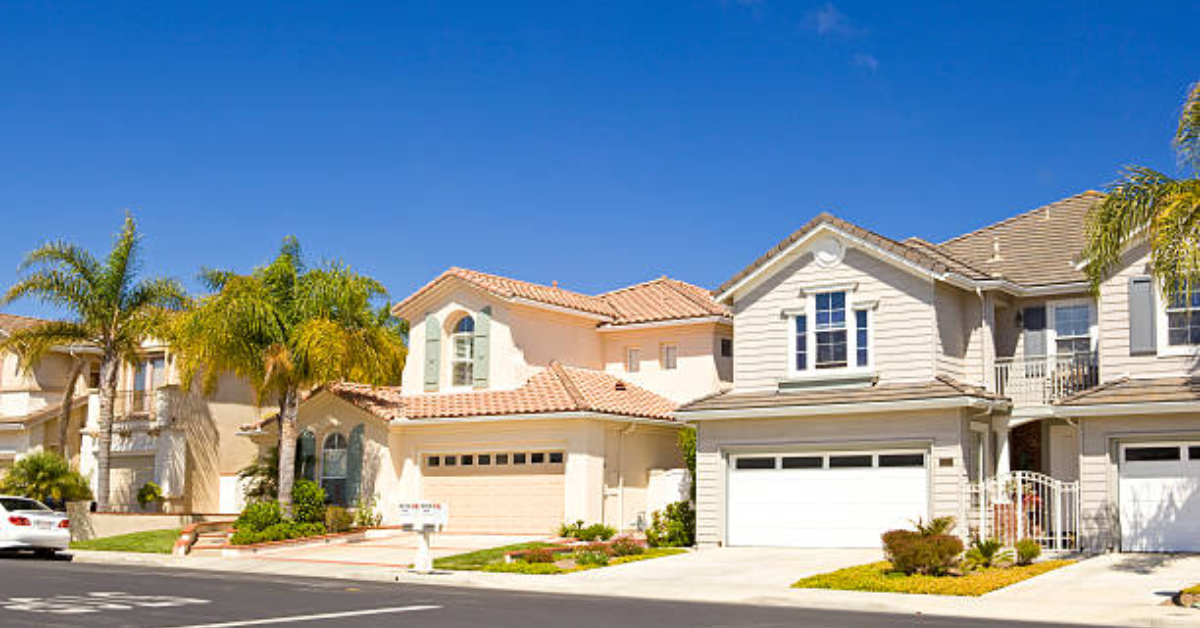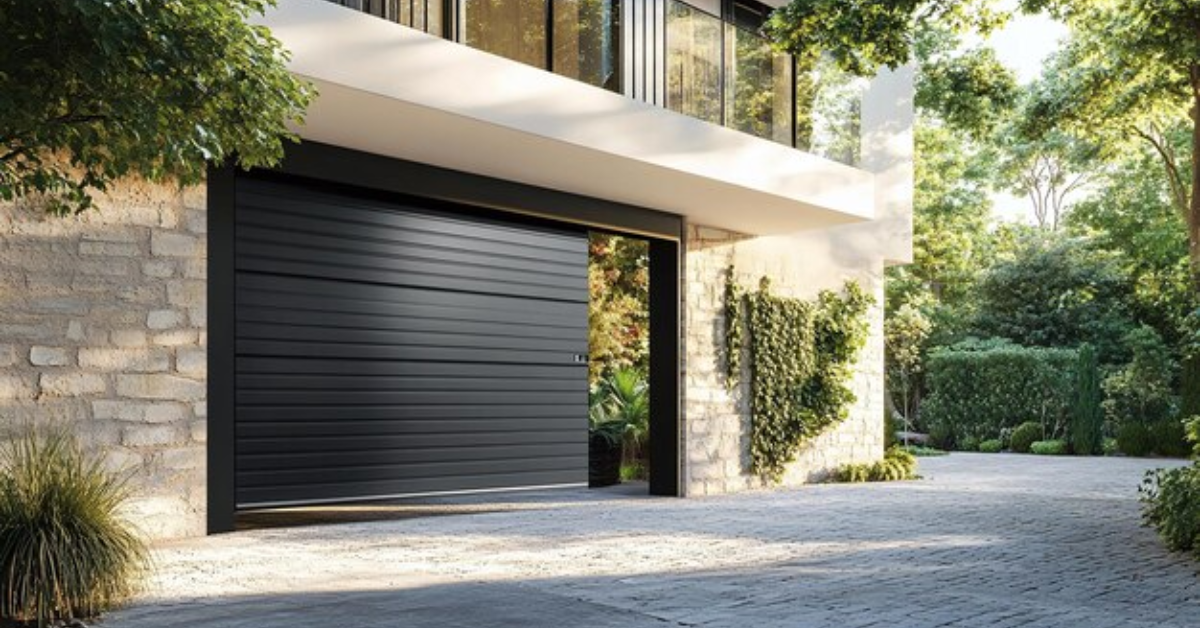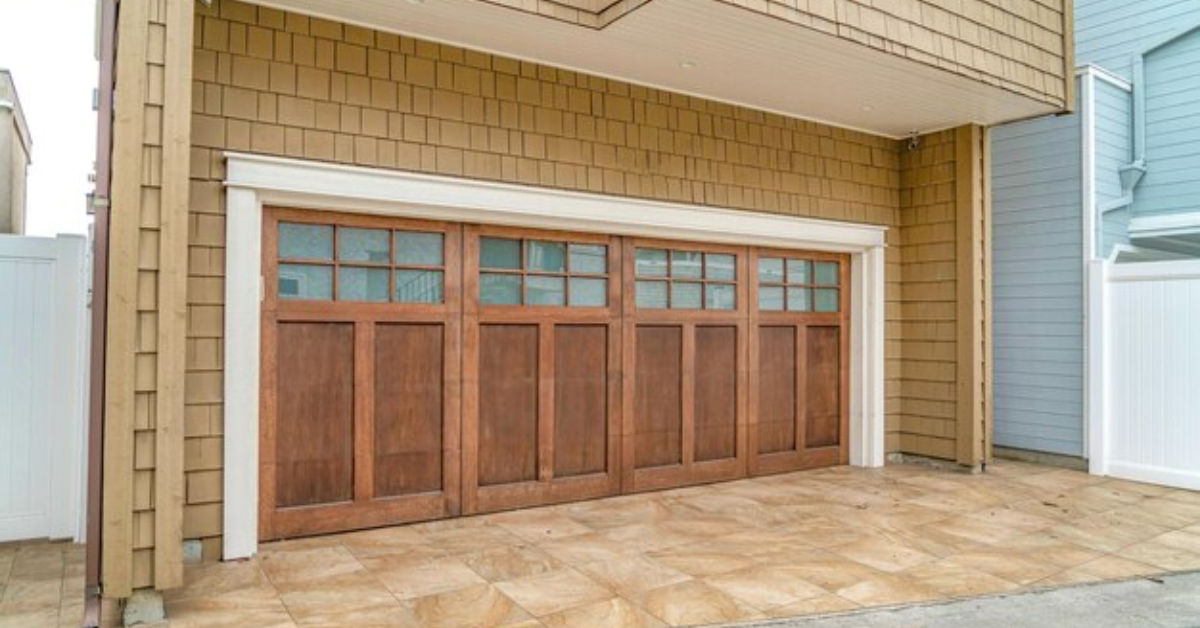A Buyer’s Guide to Commercial Garage Doors | Frequently Asked Questions
It is important to consider functionality, durability, and aesthetics when choosing a commercial garage door. The right door not only secures your business premises but also enhances its overall appeal and operational efficiency. With so many options available, finding the perfect match can seem daunting. To simplify the process, this buyer’s guide answers frequently asked questions about commercial garage doors, providing you with the information you need to make an informed decision.
What Are the Common Types of Commercial Garage Doors?
Commercial garage doors come in several varieties, each designed to meet specific needs. Some of the most popular types include:
- Roll-Up Garage Doors: These doors are ideal for businesses with limited space. They roll neatly into a coil above the door opening, requiring minimal overhead clearance.
- Sectional Garage Doors: These are composed of multiple panels that slide overhead along tracks. They are versatile, energy-efficient, and commonly used in warehouses and loading docks.
- Fire-Rated Garage Doors: Designed for safety, these doors can resist fire for a specified duration. They are essential for industries where fire hazards are a concern.
- High-Speed Garage Doors: Perfect for high-traffic areas, these doors open and close quickly, reducing downtime and improving operational efficiency.
- Aluminum and Glass Garage Doors: Combining durability with aesthetics, these doors are often used in showrooms or retail spaces to provide a modern, stylish look.
What Materials Are Best for Commercial Garage Doors?
The material of your garage door affects its durability, maintenance needs, and appearance. Popular options include:
- Steel: Known for its strength and low maintenance, steel is a top choice for businesses that prioritize security and durability.
- Aluminum: Lightweight and resistant to corrosion, aluminum is ideal for environments with high humidity or those looking for a sleek design.
- Wood: While not as common for commercial use, wood doors can provide a classic, upscale appearance for businesses where aesthetics are a priority.
- Fiberglass: Resistant to dents and corrosion, fiberglass is a good option for businesses located in harsh environments.
What Factors Should Be Considered When Choosing a Commercial Garage Door?
Selecting the right commercial garage door involves evaluating several factors:
- Purpose: Consider how the door will be used. For instance, a fire-rated door may be necessary for safety in industrial settings, while a high-speed door is better for fast-paced operations.
- Size: Accurate measurements are crucial to ensure the door fits your space perfectly.
- Security: Look for doors with robust locking mechanisms and durable materials to protect your property.
- Insulation: Insulated doors help maintain temperature control and reduce energy costs, especially important for temperature-sensitive goods.
- Cost: Balance your budget with the features you need. Remember, investing in a high-quality door can save money in the long run by reducing maintenance and repair costs.
Are Insulated Commercial Garage Doors Worth It?
Insulated garage doors are an excellent investment for many businesses. They help regulate indoor temperatures, making them essential for facilities storing perishable goods or requiring climate control. Additionally, they reduce energy costs, minimize noise, and enhance durability by protecting the door from environmental damage.
How Do I Maintain a Commercial Garage Door?
Proper maintenance ensures the longevity and performance of your garage door. Regularly inspect the door for signs of wear, such as dents, rust, or damaged seals. Lubricate moving parts like rollers, hinges, and tracks to prevent friction and ensure smooth operation. Test the safety features, such as the auto-reverse mechanism, to ensure compliance with safety standards. Annual professional inspections can also help identify and address potential issues before they escalate.
What Are the Security Features of Commercial Garage Doors?
Modern commercial garage doors come with various security features to safeguard your business. These include advanced locking systems, alarm integration, motion sensors, and keyless entry options. Remote monitoring capabilities also allow business owners to control and monitor the door’s status via smartphone apps, adding a layer of convenience and security.
How Do I Choose the Right Door for My Industry?
Different industries have unique requirements when it comes to garage doors. For example:
- Retail and Showrooms: Glass and aluminum doors provide an open and modern look.
- Warehouses: Steel sectional or roll-up doors are durable and secure.
- Industrial Facilities: Fire-rated doors ensure safety in high-risk environments.
- Food and Beverage Storage: Insulated doors help maintain temperature control.
By aligning your industry’s needs with the door’s features, you can ensure optimal functionality and value.
What Are the Costs Involved in Installing a Commercial Garage Door?
The cost of a commercial garage door depends on factors like size, material, type, and additional features. On average, standard doors cost between $1,000 and $5,000, while high-end options with insulation or security features can exceed this range. Installation costs, which vary based on complexity and location, should also be considered.
Where Can I Find High-Quality Commercial Garage Doors?
Selecting a reliable supplier is critical to ensuring the quality and durability of your commercial garage door. Look for companies with a strong reputation, positive customer reviews, and a wide range of options. Some suppliers also offer custom solutions, allowing you to tailor the door to your specific needs.
Conclusion
Investing in a commercial garage door is more than just a functional decision; it’s about enhancing your business’s efficiency, security, and aesthetics. By understanding the types, materials, and features available, you can choose a door that meets your operational requirements and aligns with your budget. Whether you prioritize energy efficiency, high-speed functionality, or advanced security, there’s a commercial garage door to suit your needs. With proper maintenance and thoughtful selection, your garage door can provide lasting value and peace of mind for years to come.




